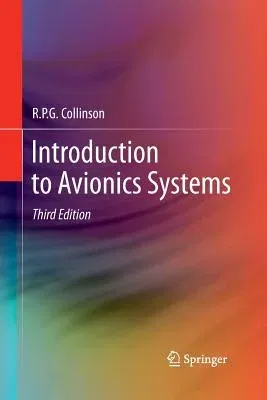Introduction to Avionic Systems, Third Edition explains the basic
principles and underlying theory of the core avionic systems in modern
civil and military aircraft, comprising the pilot's head-up and
head-down displays, data entry and control systems, fly by wire flight
control systems, inertial sensor and air data systems, navigation
systems, autopilots and flight management systems. The implementation
and integration of these systems with current (2010) technology is
explained together with the methods adopted to meet the very high safety
and integrity requirements. The systems are analysed from the physical
laws governing their behaviour, so that the system design and response
can be understood and the performance examined. Worked examples are
given to show how the theory can be applied and an engineering "feel"
gained from a simplified model. Physical explanations are also set out
and the text is structured so that readers can "fast forward" through
the maths, if they so wish. Introduction to Avionic Systems, Third
Edition meets the needs of graduates, or equivalent, entering the
aerospace industries who have been educated in a wide range of
disciplines, for example, electronic engineering, computing science,
mathematics, physics, mechanical and aeronautical engineering. It also
meets the needs of engineers at all levels working in particular areas
of avionics who require an understanding of other avionic systems.
Technology is continually advancing and this new third edition has been
revised and updated and the presentation improved, where appropriate,
The systems coverage has also been increased and a new section on
helicopter flight control added.

